Industry strives for clean bill of health
This is a special feature from PAX International's May Amenities & Comfort 2020 digital edition.
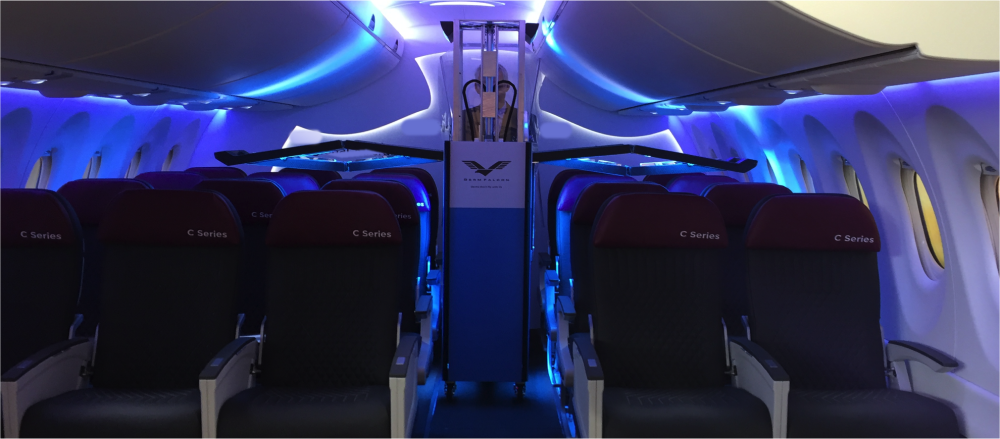
Dimer LLC’s GermFalcon robot uses ultraviolet C (UV-C) light to disinfect the cabin
Surprisingly, when it comes to cabin hygiene, there are no regulations for international airlines to adhere to. However, on March 20, the European Union Aviation Safety Agency (EASA) issued interim guidance on aircraft cleaning and disinfection in relation to the SARS-CoV-2 pandemics, calling for airlines to use aircraft manufacturer-approved products.
Spanish company AIRE provides a full cleaning and disinfection service for cabin interiors and uses aircraft-approved products that are in compliance with EASA safety directives. The goal of this service is to safeguard passengers, cabin crew and airport staff from any contagion through a deep cleaning and disinfection of cabin surfaces. The disinfectant product has been tested against coronavirus families, confirming its effectiveness against COVID-19, notes Tommaso Fiorillo, Business Development Manager. AIRE uses a preliminary nebulizer, followed by a deep spray pump with a cloth scrubbing, covering all the surfaces subject to contamination for passengers, crew and airport staff.
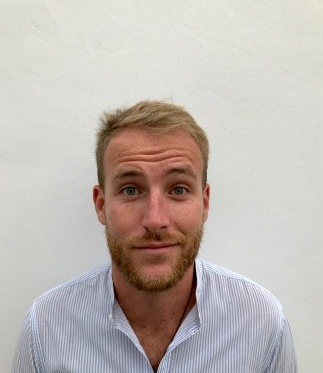
Tommaso Fiorillo, Business Development Manager, AIRE
“Our customers are taking advantage of current aircraft stops to undertake cabin disinfection in order to be ready, once operations restart, to provide passengers with a well disinfected and safe environment,” he says, noting the importance of effective cleaning to instill confidence in passengers about flying again.
Frasers Aerospace is among a number of suppliers offering specialist disinfectants. Its Bacoban for Aerospace product has received flight certifications for use aboard all types and sizes of aircraft and lasts for 10 days after being applied to a surface, combating most germs and viruses, including COVID-19. Once applied to a surface, Bacoban for Aerospace establishes an ultra-thin nanolayer with a lasting effect, and demand for the product is “extremely high”, says Director Bryan Ribbans.
The product is now available direct from its authorized distributor for the US and Canada, Torch III Aviation.
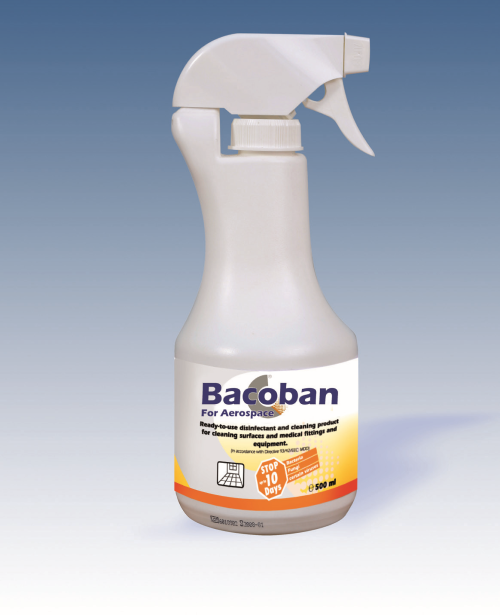
Bacoban for Aerospace disinfectant from Frasers Aerospace lasts for 10 days after being applied to a surface, combating most germs and viruses, including COVID-19
In addition to the ready-for-use version, Frasers Aerospace has introduced a fogging formula that allows airlines to treat large areas. Entire aircraft cabins can be cleaned in a short time, according to Ribbans.
Flitetec recently launched MX14 Aero, a water-based antibacterial cleaner to remove ink and stain marks from soft furnishings, leather and plastics. It has just gained ISO/IEC 17025:2005 accreditation for its antibacterial qualities.
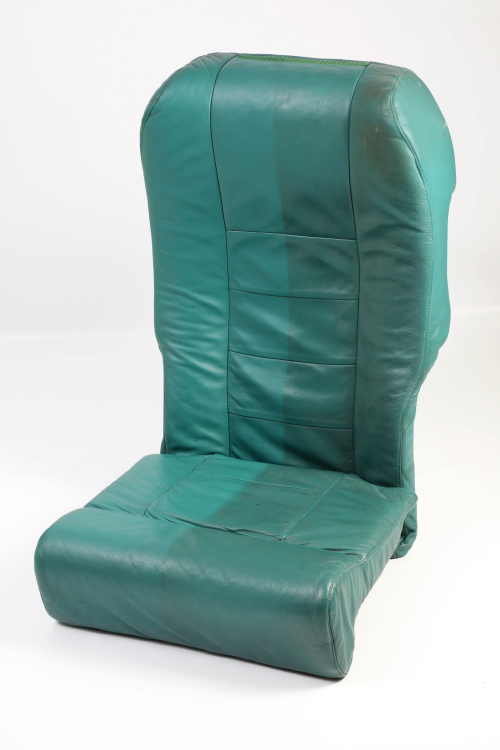 Flitetec’s MX14 Aero antibacterial cleaner for soft furnishings, leather and plastics has gained ISO/IEC 17025:2005 accreditation for its antibacterial qualities
Flitetec’s MX14 Aero antibacterial cleaner for soft furnishings, leather and plastics has gained ISO/IEC 17025:2005 accreditation for its antibacterial qualities
Managing Director Trevor Lea says: “MX14 is formulated to not only comply with the required regulations and conform to rigorous aerospace specifications, it is the only cleaner in the industry to be 100 percent biodegradable, with no chlorines, bleaches or solvents, leading the way to a greener cabin and planet. All packaging is made of recyclable materials. It has refillable dispensers, so no single use plastic is involved.”
US manufacturer Celeste Industries Corp has seen an uptick in demand for its products to control the spread of germs, including hand soaps, hand sanitizers, cleaning kits for onboard biohazard spills and broad-spectrum disinfectant/cleaner. It expects most future demand to come from Celeste Sani-Cide EX3 broad-spectrum disinfectant/cleaner and Sani Luxe Hand Sanitizer.

Celeste Sani-Cide EX3 broad-spectrum disinfectant/cleaner and Sani Luxe Hand Sanitizer
Emily Romblad, Customer Marketing Manager, believes airlines have done a lot to improve the safety of their passengers during the outbreak, including disinfecting their aircraft every night. “Moving forward, we expect this to continue in some capacity. In addition, an increase in hand sanitizing as passengers and crew become more aware of how to decrease the spread of germs.”
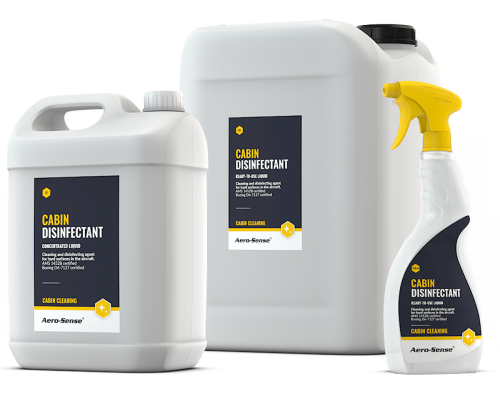 Aero-Sense has upped its production of its AMS 1452 and Boeing D6-7127 certified Cabin Disinfectant
Aero-Sense has upped its production of its AMS 1452 and Boeing D6-7127 certified Cabin Disinfectant
In response to the pandemic, Aero-Sense has upped its production of its AMS 1452 and Boeing D6-7127 certified Cabin Disinfectant, and has also speeded up the development of a new product, Aero-Sense Hygienic Hand Gel. “As demand for hand gel is currently immense worldwide and we are a chemicals manufacturer, we were in the perfect position to help everyone out by introducing a cleansing hand gel for better hand hygiene, the most important factor to help contain the spread of the virus,” says Robbe Vangheluwe, International Sales.
Freshorize provides hand soap and hand sanitizer to passengers and crew to help prevent the spread of disease. It also offers a Multipurpose Disinfectant EPA Wipe, which has demonstrated effectiveness against viruses similar to the COVID-19 virus on hard, non-porous surfaces. The company has received requests for passenger kits that include alcohol-based wipes for hands and surface, protective gloves and masks, and hand sanitizer. Alcohol-based hand sanitizer has been most in demand, according to Aziz Patel, CEO of Freshorize.
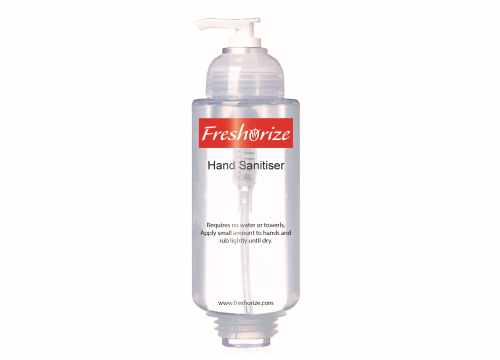
Alcohol-based hand sanitizer from Freshorize has been popular during the COVID-19 pandemic
GermFalcon is a new solution to cabin hygiene that takes a different approach. The robot, created by a US-based doctor, uses ultraviolet C (UV-C) light to disinfect the cabin, and uses similar technology to that found in the healthcare sector. The machine is pushed along the aisle by an operator and is designed to be the same size as a meal cart to fit easily inside the cabin.
“Airlines should look to the healthcare sector for effective disinfecting solutions,” says Elliot Kreitenberg, President of Dimer LLC, which supplies the GermFalcon robot. “We understand how UV-C works in hospitals and it’s reliable when properly applied. It reaches all high-touch surfaces, and there’s no better way to disinfect the cabin. It takes five minutes to clean a B737 narrow body jet, working at 30 rows per minute.”
Kreitenberg notes that there are no regulations or standards for airline disinfection and says that it’s difficult to disinfect a cabin with the existing agents available. Airlines can help spread diseases, and Dimer has found a way to intervene on disease control.
The start-up company has given a handful of robots to the aviation sector as part of its COVID-19 emergency response. It is now building more units, which should be ready during May.
In the inflight catering sector, Diskomat has seen an upswing in demand for solutions that minimize the frequency of manual handling of wash-wares, such as plates and cutlery. “The fewer times equipment is touched, the lesser the risk that contamination will occur,” says Tomas Jämtander, Marketing Director, Flight catering solutions.
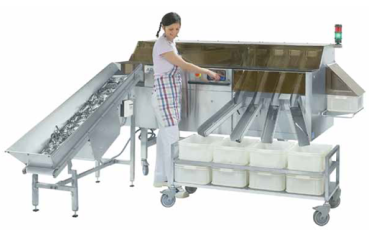
Diskomat has seen more inquiries for its Wexiödisk Automatic Cutlery Sorter ACS 400HC machine
The company has observed an increased number of inquiries for its Wexiödisk Automatic Cutlery Sorting (ACS) machine. The cutlery sorter has been used for over 20 years in large kitchens worldwide. To get the best result, the ACS cutlery sorter should be combined with a dedicated WD cutlery ware-washer.
Diskomat is also expecting to see increased demand for its Wexiödisk 18CW trolley washer, stationary and mobile cart lifts, as part of its customized designs of ware wash areas, tray set operations and packaging of carts.
The pandemic is forcing flight caterers and hospitals to rethink and further advance their current hygiene measures and processes, the company believes. Many operators are already beginning to invest in ware-washing solutions that require less manual handling to ensure optimal hygiene as well as improved ergonomics.
New products in the pipeline
In terms of product development, AIRE is working on a solution to apply an ozone treatment to further disinfect the entire cabin environment, to remove any possible bacteria/virus residues downstream the cleaning/disinfection process. It is also testing cleaning products to complement its existing service.
Freshorize plans to expand its cleaning line by offering a ready to use EPA spray cleaner in multiple sizes, while Aero-Sense intends to launch Aero-Sense Cabin Cleaner Triple Action and Aero-Sense Cabin Air Freshener.
Meanwhile, Flitetec is developing a range of seat blockers and acrylic transparent screens to aid social distancing on all aircraft types.
Outlook
Looking to the future, AIRE’s Fiorillo foresees that regular cabin cleaning and disinfection will remain a primary requirement for airlines, as it is today, but differently from how it was before the COVID-19 pandemic. In addition, he predicts a change in soft furnishing maintenance with an increase in seat covers’ cleaning cycles and a daily disinfection for carpets during night stops.
He says aviation is strongly investing in R&D activities, developing several solutions with a short lead time, such as new substances, cleaning drones, automatic nebulizers, and aircraft-integrated systems which self-disinfect.
Malton Inflight pivots to PPE
Malton Inflight is using its decades of experience to supply personal protection equipment (PPE) to the aviation industry and beyond.
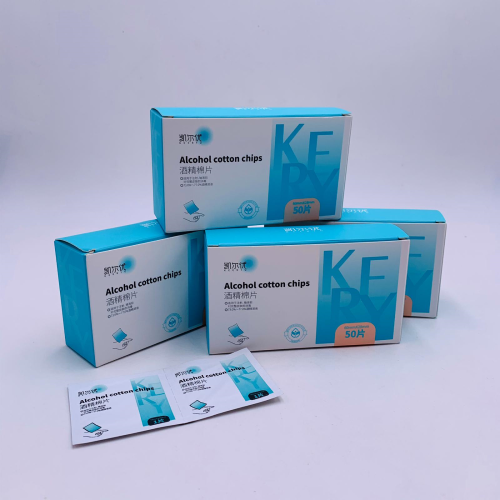
Malton Inflight’s Anti-Virus Hand Wipes remove 99.9 percent of bacteria on hands and surfaces
“We have pivoted as a company to use our network of factories, logistics and contacts, especially in China, to provide PPE equipment for the whole world – not just the airline industry. It’s a mammoth challenge, as global demand is vastly outstripping supply, but we just feel proud that we’re able to help in some way,” says CEO Gordon Oakley, who has been receiving requests for new PPE items every day amid the COVID-19 crisis.
“We have donated as much PPE stocks as we can to where it is most needed and we have now been selected and approved as a supplier to government bodies and international agencies too.”
The company is providing protective face masks, nitrile gloves, disposable gowns, head covers, antiseptic hand wipes and anti-viral sprays, among other items.
Malton Inflight is also developing a new anti-viral spray that kills the coronavirus germs and leaves a protective coating on surfaces, which lasts for up to 100 days. The product can be sprayed throughout the cabin interior and is currently awaiting final certification. “We have no doubt that our new ‘Virus sLayer’ will pass any stringent testing with flying colors. This will be a game-changer for airlines, which can spend less time and save cost in cleaning. Meanwhile it ensures the aircraft environment will remain protected and safe.”
As part of its regular product portfolio, the company offers Anti-Virus Hand Gel, Sprays and Anti-Virus Hand Wipes, all of which remove 99.9 percent of bacteria on hands and surfaces.

